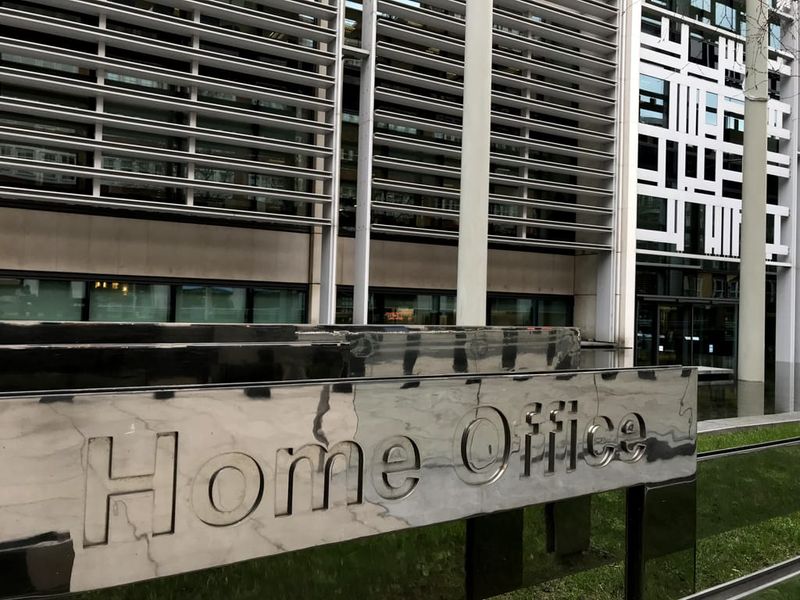
How to get your records from the Home Office


This post looks at making a Subject Access Request to the Home Office, also known as a Freedom of Information Act request, or colloquially known as ‘getting a copy of your file’.
You do not need to have, or be, a lawyer to do this.
What information is held?
The Home Office should hold records of most substantive interactions it has with any given individual.
This means that it usually holds a great deal of written information about migrants who have made immigration applications to enter or remain in the UK.
In particular, disclosure from the Home Office can provide access to the following types of documents
- entry clearance and port records
- dates of applications made, and outcomes
- copies of applications made by applicants, including covering letters and supporting documents
- reasons for refusal or grant letters
- determinations (judgments) of tribunals, as well as copies of previous trial bundles
- internal caseworking notes giving reasons for grant or refusal
- detention records
The amount of disclosure will depend on the extent of the interactions with the Home Office that an applicant has had, and this will obviously vary from case to case.

Contact Edgewater Legal for expert immigration advice and assistance
Why would you make this request?
For me, in all but the most straightforward immigration applications, it is almost always worth seeking to obtain a copy of a client’s file from the Home Office.
This is especially so where
- there is a disagreement between an individual and the Home Office about their immigration history (dates of entry, applications made, documents included with that application etc)
- a person is appealing against a decision to refuse their application and needs to explain your case in court
- a person is instructing a lawyer and needs to be able to explain their current position to their representative
Unless you are very organised, it is easy to make mistakes in providing details of your immigration history, especially the exact type of application you made in the past, and the exact nature of the outcome.
Obtaining a copy of the records held by the Home Office can usually go some way to resolving these issues.
Types of request
The Home Office breaks down the types of request you can made into three:
- Basic
- Specific
- Detailed
The aim of these gradations – for perfectly understandable reasons of resources – is to try and avoid having to provide entire copies of files (which can be thousands of pages long), where only certain documents are needed.
However, in our experience, this has meant that even where a specific or detailed request is made, it is essentially treated as a basic request, and a further letter has to be sent once this basic disclosure is received where more documents are required.
Basic
When making a basic request you will usually receive:
- an electronic summary of your immigration history
- landing cards we hold electronically
- an electronic summary of entry clearance records
- Workers Registration Scheme (WRS) information
- entry and exit records for the past 5 years
This is usually sent out by the Home Office to anyone who makes a request, even someone who doesn’t make a specific request.
As mentioned above, in our experience, even where a Specific or Detailed request was made via the online form, the request then has to be renewed if the specific or detailed documents sought were not included in the Basic disclosure (which they invariably are not).
Specific
The Home Office has been piloting a scheme whereby you can request copies of up to 5 single documents, including:
- a list of your visa applications made in the UK
- a particular decision letter
- the outcome of an appeal (appeal determination)
- an individual detention progress report
- a deportation order
- a particular interview record
Again, the aim of this is to reduce the workload of the Subject Access Request Unit, with a view to preventing provision of documents that individuals have not asked for and/or do not need.
Detailed
This request is for a full copy of all records held by the Home Office.

How to request your file
The application process is a hybrid, with the Home Office preferring individuals to apply online, and then sending supporting identity documents in the post to: Subject Access Request Unit, UK Visas and Immigration, Lunar House, 40 Wellesley Road, Croydon CR9 2BY.
(It is possible to apply directly in writing, but the Home Office warns on its website that most of these applications are delayed due to failure to provide the correct supporting evidence regarding identity.)
There are fairly tight requirements regarding provision of identity documents and the way in which they must be provided:
- a copy of your photo identification, such as a passport
- written confirmation from a third party that your photo identification is a true likeness of you
- a letter to give permission for your records to be sent to you, or your representative
Further information about the format of this evidence is available here.
In our experience this guidance must be adhered to very closely, or will lead to a long and tedious exchange of correspondence with the Subject Access Request Unit, and ultimately to a delay in the application for disclosure.
Waiting times
At the time of writing (January 2020), whilst the electronic records are being sent out within a few months of the application, receipt of detailed requests for records are taking several months.
Main image credit: Photo by EWL